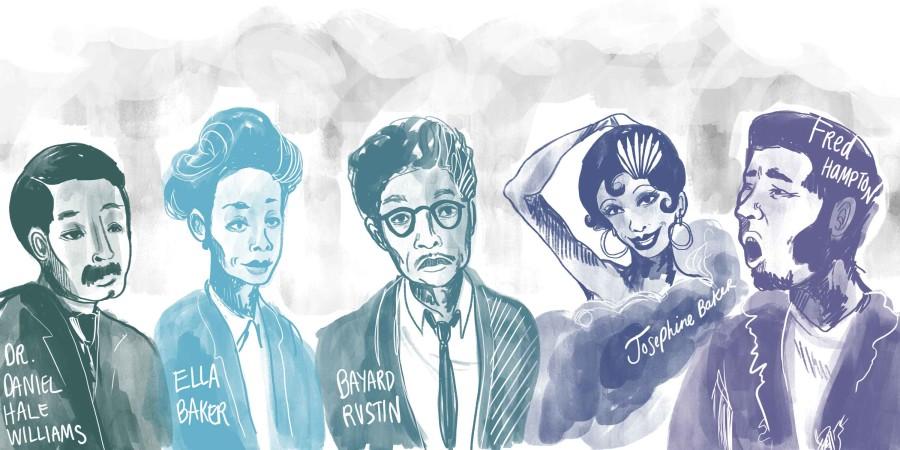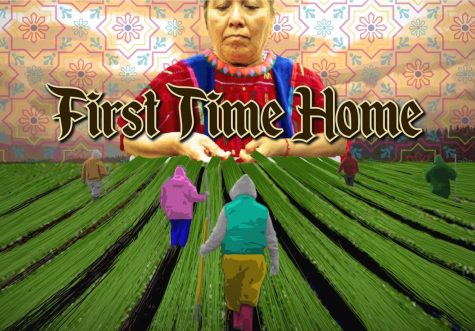Black History Month: A celebration of culture
From Negro History Week to a month of prominent American History, leaders’ influence lives on
February 13, 2015
In 1926, Dr. Carter G. Woodson, known as the “father of black history,” established Negro History Week, which fell between the birthdays of Frederick Douglass and Abraham Lincoln.
Woodson, founder of the Association for the Study of African American Life History, dedicated much of his life to bringing awareness to how African-Americans have been significantly influential in political, economic and social structures of the U.S. and of the world. In 1976, Negro History Week was extended to the full month of February by President Gerald Ford in honor of the country’s bicentennial. Today, Woodson’s legacy lives on in Black History Month.
For the past 39 years, Black History Month has been celebrated throughout the United States, giving people of color a platform to discuss the black experience. EWU is participating in the discussion with events being held all month long.
“We will have lectures, discussions, exhibitions and awards, all which will present the positive core in black history and culture,” said Brackett.
Each event presented will follow this theme. According to Brackett, the topics include the African continent and some of its ancient empires, black leadership, the strength and resilience of black women, the never-broken black family, the evolution of black hair, President Barack Obama and his success despite tribulation, education and how all students can succeed, and how some black movements created artistic expressions.
Black History Month events on the EWU campus are open to everyone and will be held all month long.
For more information and a full listing of Black History events, visit http://sites.ewu.edu/diversity/black-history-month-events/.


















